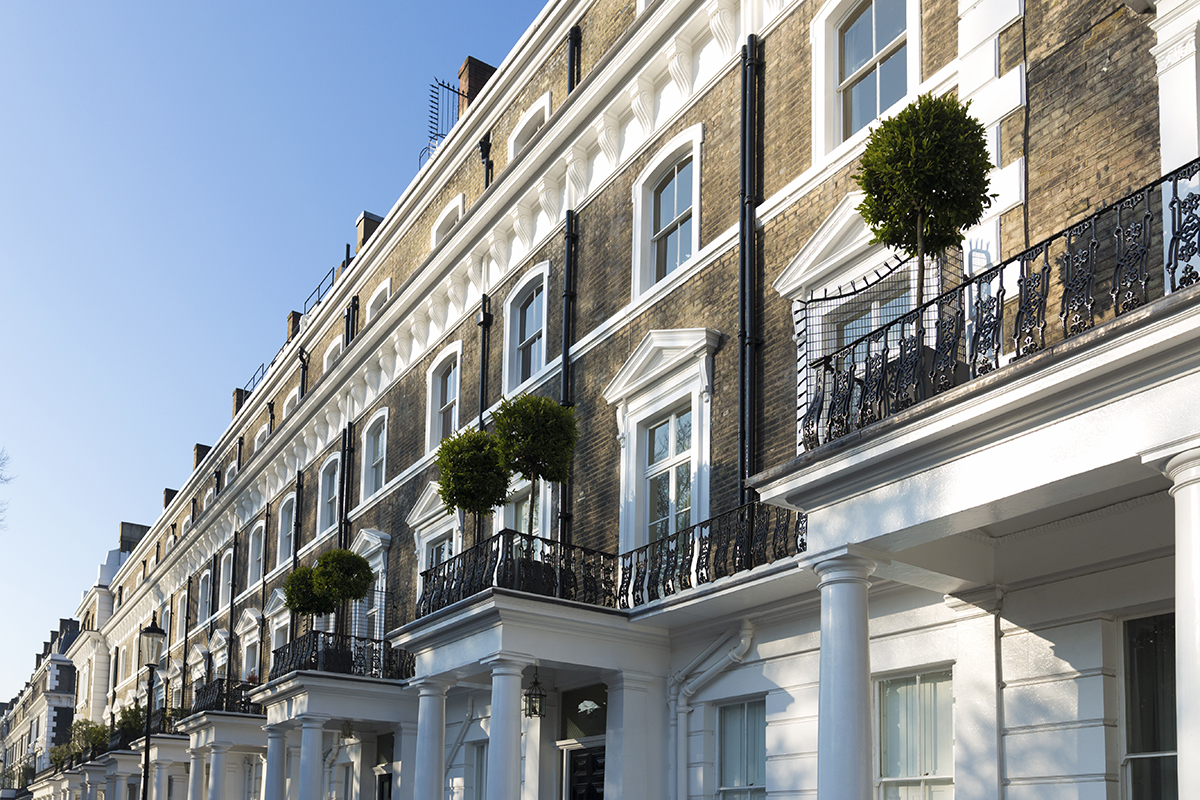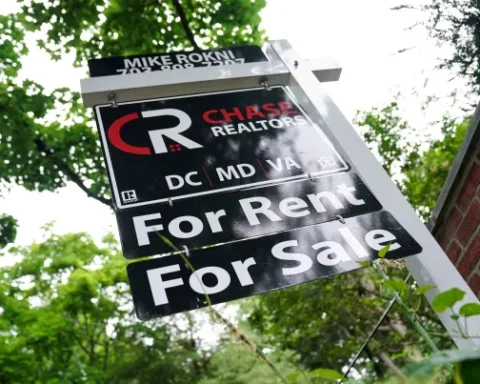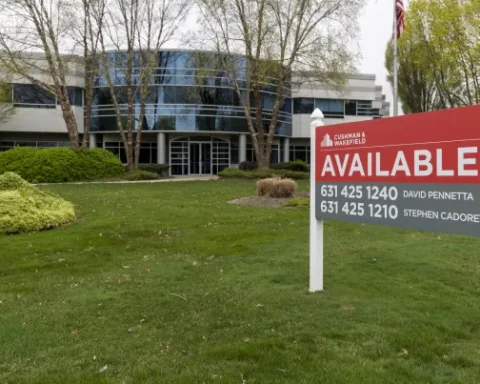Despite vows to eliminate ‘dirty money’ following Russia’s Ukraine invasion, the UK has failed to deliver on promises
Last year, after Russia’s invasion of Ukraine, the UK government committed to purging London of corrupt capital. The legislation that was passed aimed to restrict kleptocrats from exploiting the UK real estate market for money laundering. Boris Johnson, who was Prime Minister at the time, stated in March 2022 that the laws would “reveal the owners of properties throughout the UK.”
However, the implemented laws have fallen short. In fact, there are at least five methods through which foreign kleptocrats can still quietly possess UK property and land without public awareness.
Firstly, a kleptocrat could simply keep the property under a foreign company and neglect to register it with Companies House, contravening established regulations. Currently, 6-9% of companies required to register are noncompliant. The risk associated with this strategy remains unclear due to the lack of strict enforcement. Companies House has listings with obviously fake names, so noncompliance doesn’t appear to be a major concern.
Secondly, a more legal approach would be to distribute the company’s ownership between the kleptocrat and his family members. If each holds less than a 25% stake, there is no requirement to disclose them as beneficial owners.
Thirdly, the kleptocrat could transfer the property to an offshore trust company where he is the sole beneficiary. Though the names on the trust would appear as the “owners” of the property, they neither funded the purchase nor benefit from it, misleading both the public and authorities.
The fourth option also involves veiling ownership but uses a partnership structure instead of a trust. The kleptocrat could establish a partnership, assign a nominal manager, and transfer the property as a partnership asset. As a ‘silent partner,’ his ownership benefits remain concealed, with no reporting obligations.
Lastly, a kleptocrat could place the foreign company under the ownership of a UK-based company. Since the UK company has its own reporting requirements, the kleptocrat’s identity remains hidden, especially if the UK company acts as a trustee.
This Monday, the House of Commons will revisit the Economic Crime and Corporate Transparency Bill. Amendments introduced in the House of Lords aim to address these loopholes. However, the government seems inclined to reject many of these adjustments. While the amendments may appear technical and unexciting, they are vital for turning anti-corruption promises into reality. If the UK is earnest about halting the flow of illicit funds, the focus needs to shift from grand statements to effective legislative measures.
While the UK has been vocal about its desire to clean up ‘dirty money,’ it is clear that the existing legislation is riddled with loopholes that still allow kleptocrats to take advantage of the system. Unless these loopholes are addressed, the UK risks becoming a hub for the very kind of financial misconduct it claims to fight against. The upcoming discussion on the Economic Crime and Corporate Transparency Bill presents an opportunity to remedy this. For meaningful change to occur, it is crucial that the government, law enforcement, and the public come together to support not just the rhetorical commitments but also the nuanced legislative amendments required to actually close these gaps.







